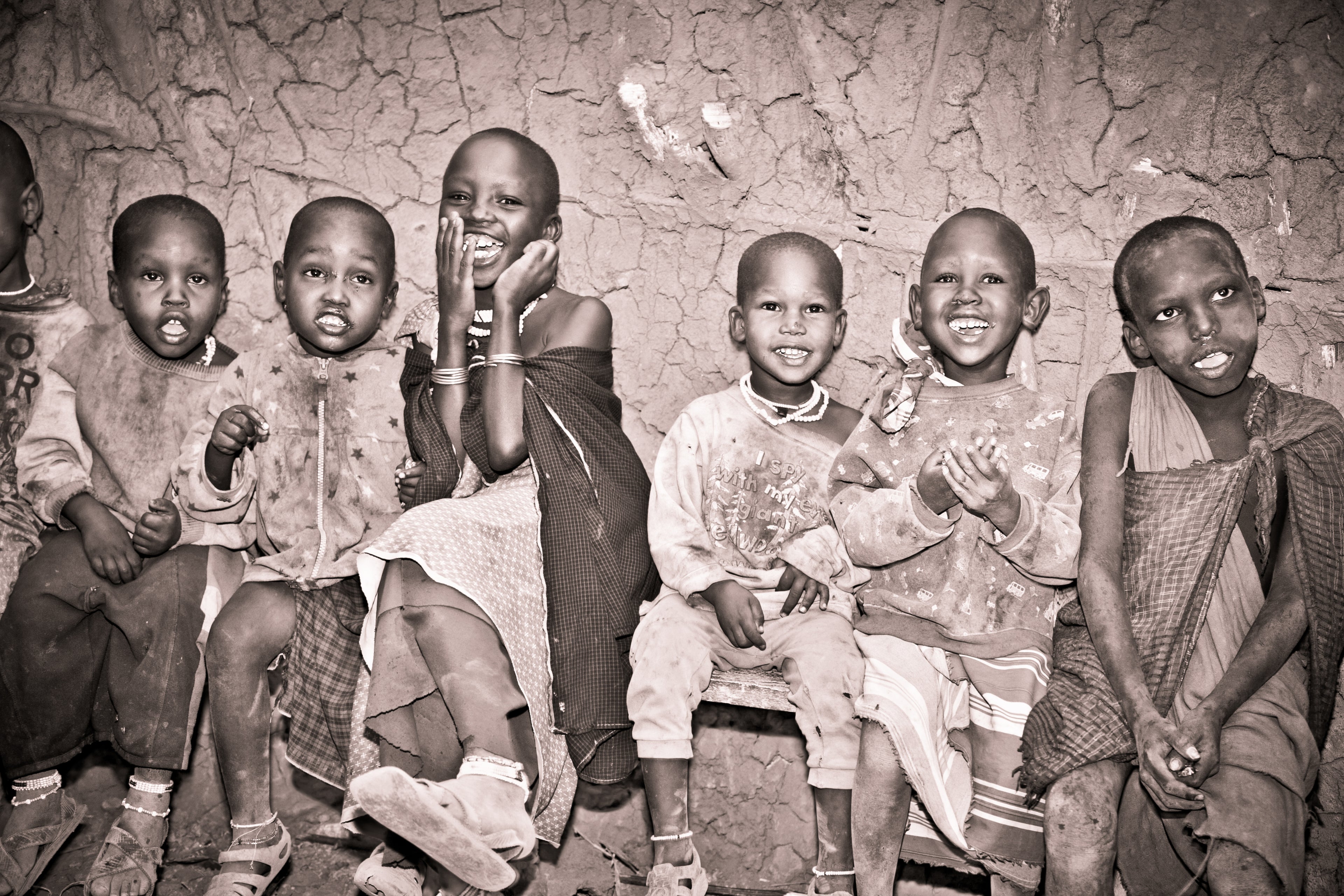
Want to make a sustainable impact?
Get to know us
Umoja Resources was founded in 2024 with a vision to support sustainable development and strengthen local communities in Tanzania. Our goal is to provide people with the opportunity to pursue their dreams and improve their lives. We aim to connect communities to opportunities and help them access the resources and support they need to achieve their goals. With our roots in Tanzania, we take a unique approach, recognizing both the beauty and the potential of the country. We strive to work closely with local communities to contribute to a more just and sustainable society where unity and collaboration are core values.
Tanzania
Tanzania, located in East Africa, is a country with a rich history and diverse culture. It is known for its spectacular landscapes, from the majestic peaks of Mount Kilimanjaro to the vast savannas of the Serengeti and the tropical islands of Zanzibar. With a population of approximately 67 million people (2025), Tanzania is the largest country in East Africa, and it has a young and growing population. The country's official language is Swahili (Kiswahili), which serves as a unifying language for the various ethnic groups across the country. (Source: World Bank – Tanzania Overview)
Tanzania was formed in 1964 after the union of two former colonies, Tanganyika and Zanzibar. Tanganyika gained independence from Britain in 1961, while Zanzibar became independent in 1963 and later joined Tanzania. Under the leadership of its first president, Julius Nyerere, Tanzania became known for its "Ujamaa" policy, a socialist approach focused on community-based development. This had both positive and negative effects on the country's economy, which has faced challenges over the years. (Source: Britannica – History of Tanzania)
Swahili, the most widely spoken language in East Africa, is strongly influenced by Arabic, Portuguese, and Indian elements. This is due to Tanzania’s long history of trade, especially in Zanzibar, which was a key Arab trading and slave-trading hub. Zanzibar was a major point for Arab traders for centuries, and Islamic culture has deeply influenced the region. This cultural diversity has led Swahili to become a symbol of national unity in Tanzania, where the language has been used to promote communication across different ethnic and linguistic groups. (Source: National Geographic – Tanzania: Geography and Facts)
Tanzania's economy is largely based on agriculture, which employs about 75% of the population. The country is a significant producer of coffee, tea, tobacco, and tropical fruits, and Zanzibar also produces large quantities of spices. Fishing is also vital to the economy, with abundant water resources from major lakes such as Lake Victoria and Lake Tanganyika, as well as fishing in the Indian Ocean. Additionally, the tourism sector has grown, and Tanzania is a popular destination for safaris and nature-based tourism. (Source: Tanzania National Bureau of Statistics – Agriculture Overview)
However, Tanzania faces significant challenges. While the country has experienced economic growth in recent decades, it remains one of the poorest countries in the world. A large proportion of the population lives in poverty, and many lack access to basic services such as healthcare and education. Economic growth has been slow, and agriculture, which is vulnerable to climate change, remains a major challenge for the country’s development. (Source: World Bank – Tanzania Overview)
References:
World Bank – Tanzania Overview: World Bank
Britannica – History of Tanzania: Britannica
National Geographic – Tanzania: Geography and Facts: National Geographic
Tanzania National Bureau of Statistics – Agriculture Overview: Tanzania National Bureau of Statistics
Get In Touch With Our Team
The website umojaresources.com is operated by Sarah Khamis Skjerdal.
We are registered in Norway under the registration number: 933 952 282
Our main office address is:
Gunnar Schjelderupsvei 13C
0485, OSLO
Norway
